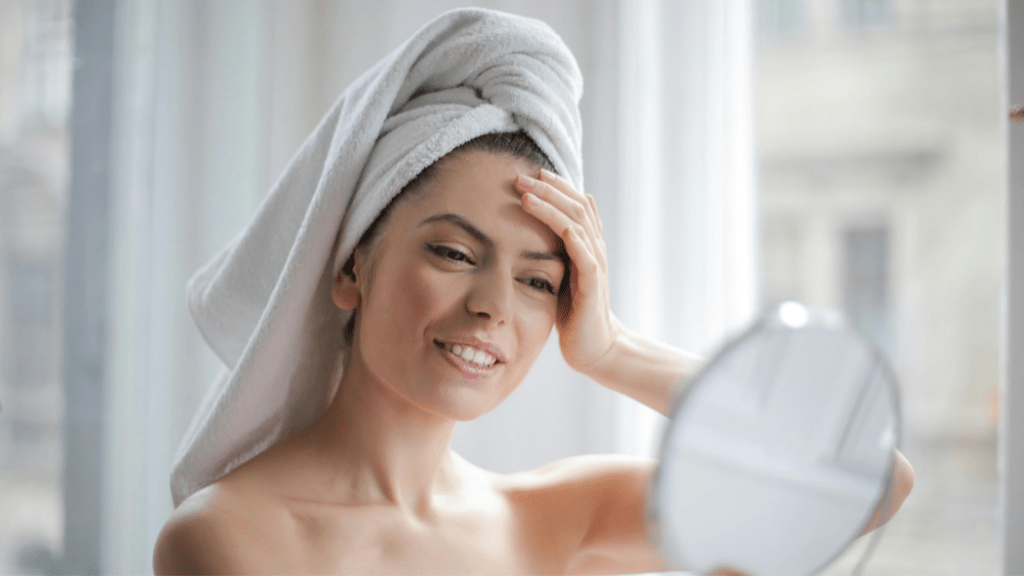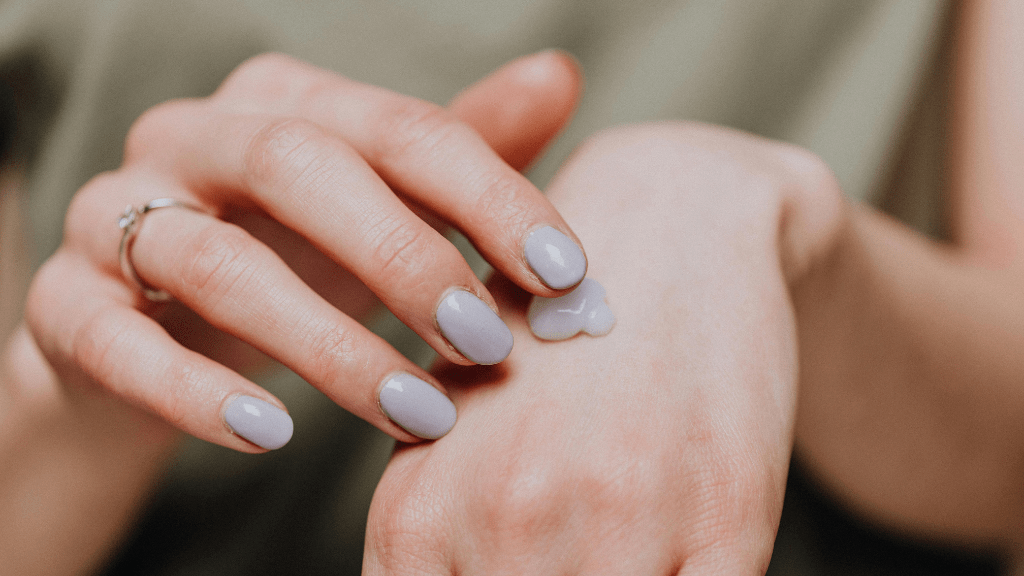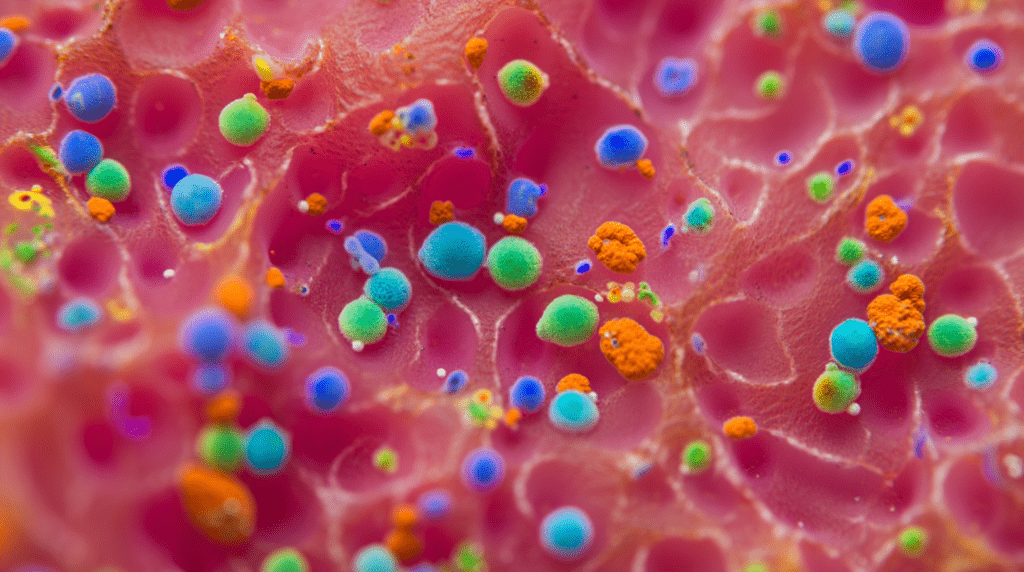When you think of bacteria, your first instinct might be to reach for the hand sanitizer. Yet, surprisingly, your skin thrives thanks to a diverse community of microorganisms known as the skin microbiome. These microscopic companions play a crucial role in protecting and maintaining your skin’s overall health and appearance.
What Is the Skin Microbiome?
The skin microbiome is a vibrant ecosystem composed of billions of microorganisms, including bacteria, fungi, viruses, and mites. Much like your gut microbiome, this community is essential for maintaining balance and harmony. Each person’s skin microbiome is unique, influenced by factors such as genetics, environment, age, diet, and skincare habits.

The Good, the Bad, and the Balanced
While the idea of bacteria living on your skin might seem unsettling, most skin microorganisms are beneficial or neutral. Good bacteria defend your skin by outcompeting harmful microbes for resources and space, preventing infections and promoting healthy skin function.
A balanced microbiome supports barrier integrity, controls inflammation, and aids in wound healing. Conversely, when this balance is disrupted – due to harsh skincare products, antibiotics, or environmental stressors – harmful microbes can flourish, leading to conditions like acne, eczema, rosacea, and psoriasis.
How the Microbiome Influences Common Skin Conditions
- Acne: Often associated with excess Propionibacterium acnes (P. acnes), an imbalance can trigger inflammation and breakouts. Managing microbiome health can help control acne flare-ups.
- Eczema (Atopic Dermatitis): Linked with reduced microbiome diversity, especially a decrease in beneficial bacteria like Staphylococcus epidermidis. This imbalance can increase susceptibility to flare-ups.
- Rosacea: Often influenced by an overgrowth of certain bacteria and mites, like Demodex folliculorum, leading to persistent redness and inflammation.
- Psoriasis: Characterized by reduced bacterial diversity, increasing susceptibility to skin inflammation and rapid skin-cell turnover.
How Lifestyle and Environment Affect Your Skin Microbiome
Your skin microbiome is incredibly dynamic, continuously influenced by your daily habits:
- Hygiene Practices: Excessive washing or harsh cleansers can disrupt the natural microbiota, removing beneficial bacteria and creating imbalance.
- Diet and Hydration: A nutrient-rich diet supports a diverse microbiome, while processed foods and dehydration negatively impact skin health.
- Stress Levels: Chronic stress can alter your microbiome, making the skin more prone to inflammation and breakouts.
- Environmental Factors: Pollution, UV radiation, and climate conditions influence microbiome composition and overall skin health.
The Rise of Probiotic Skincare
Probiotic skincare harnesses the power of beneficial microorganisms to rebalance and restore skin health. These products contain live cultures or extracts designed to support a healthy microbial environment, enhancing the skin’s natural defenses.
Benefits of probiotic skincare include:
- Enhanced Barrier Function: Strengthening the skin’s barrier, reducing sensitivity, and enhancing moisture retention.
- Reduced Inflammation: Helping soothe conditions like acne, eczema, and rosacea by rebalancing microbial populations.
- Improved Skin Appearance: Supporting overall clarity, smoothness, and radiance.
While research on probiotic skincare is still emerging, early studies show promising results, demonstrating improvements in hydration, sensitivity reduction, and acne control.
Choosing the Right Probiotic Skincare
When incorporating probiotics into your routine, consider these tips:
- Check Ingredients: Look for products explicitly mentioning probiotic strains, such as Lactobacillus, Bifidobacterium, or fermented ingredients.
- Packaging Matters: Choose airless or opaque packaging to protect live cultures from degradation.
- Patch Test: Introduce new products gradually to observe your skin’s reaction, ensuring compatibility.

Supporting Your Skin Microbiome Naturally
Beyond probiotic skincare, nurturing your microbiome involves:
- Gentle Cleansing: Opting for mild, fragrance-free cleansers.
- Balanced Diet: Eating probiotic-rich foods like yogurt, kefir, kimchi, and fermented vegetables.
- Managing Stress: Practicing mindfulness and relaxation techniques to support skin health.
Final Thoughts: Embrace Your Microbial Allies
Understanding and supporting your skin microbiome is essential for achieving healthy, glowing skin. Rather than striving for sterilization, focus on maintaining balance and harmony. By nurturing your microbiome, you empower your skin to protect itself, enhancing both your skin’s appearance and overall well-being. It’s time to embrace and celebrate the beneficial microbes that contribute daily to your beauty and health.
